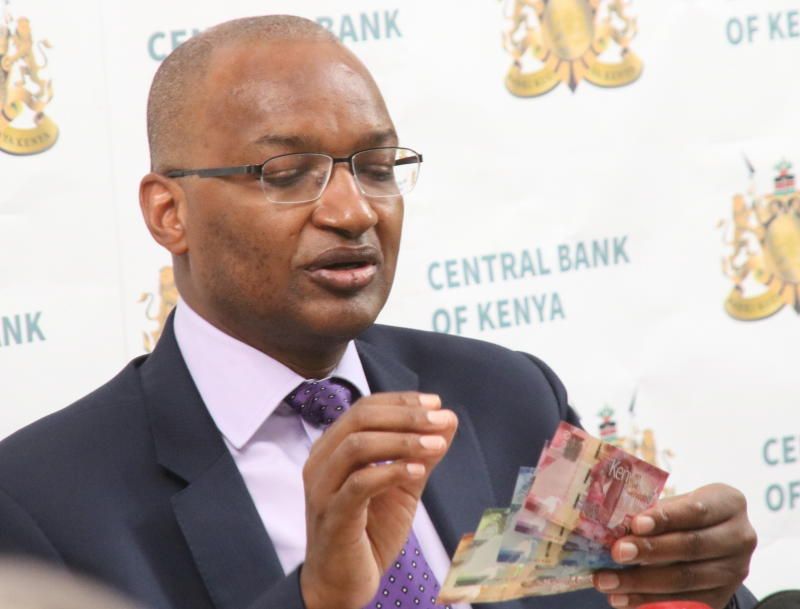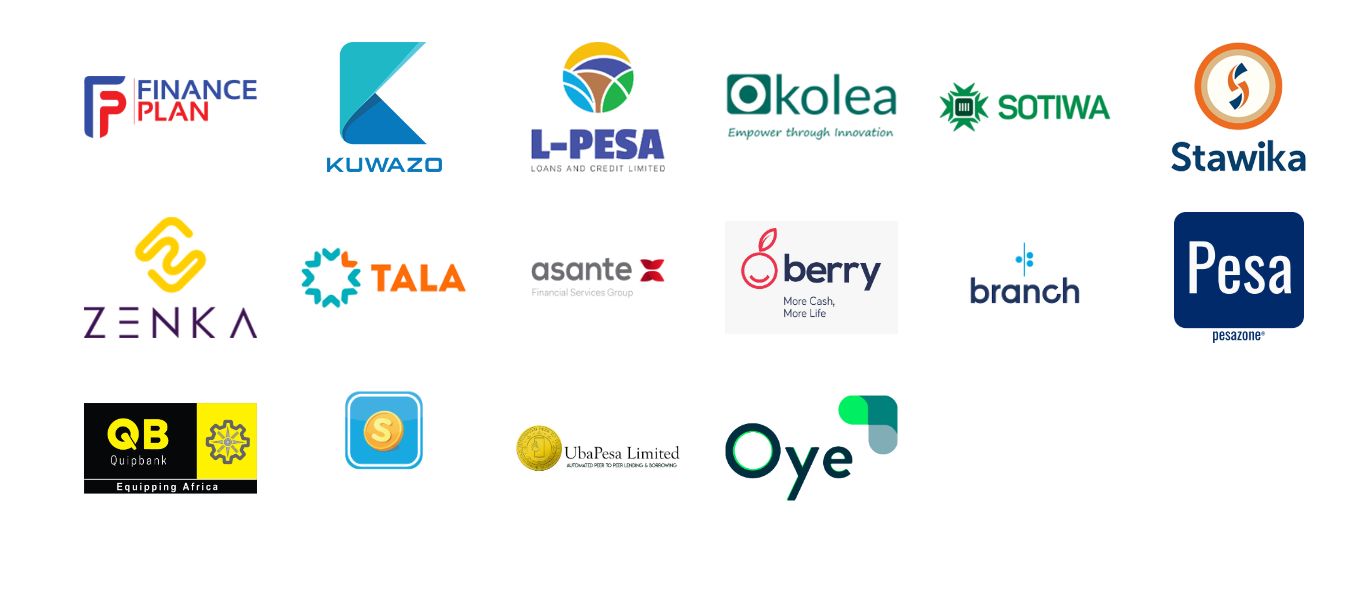Only 10 digital credit providers are licensed in Kenya — CBK
The Central Bank of Kenya has licensed only 10 digital credit providers in the country.

Out of 288 applicants, the Central Bank of Kenya (CBK) has approved the operations of only 10 digital credit providers (DCPs). "All other unregulated DCPs that did not apply for licensing must cease and desist from conducting digital credit business," the Bank said.
In a statement seen by Benjamindada.com, the Bank revealed that "other applicants are at different stages in this process, largely awaiting the submission of requisite documentation. We urge these applicants to submit the pending documentation expeditiously to enable the completion of the review of their applications."
CBK had earlier announced in March 2022 that all unregulated Digital Credit Providers apply for a license by September 17, 2022, due to concerns raised by the public about the predatory practices of digital lenders, among them, high costs, unethical debt collection practices, and the abuse of personal information.
In 2021, the Kenyan presidency assented to CBK Amendment Bill, 2021[pdf] which allows Kenya's apex bank to license and oversight the previously unregulated digital credit providers. According to this Bill, all licensed DCPs are required to disclose their sources of funds and provide evidence of the same.
Although digital lenders are preferred by borrowers in emerging markets like Africa, who are often unbanked and have no access to financing from conventional banking institutions, most of these lenders offer collateral-free loans but they are also high-priced, with some annualised interest rates going up to 876%, according to this report that published findings of the exorbitant and predatory pricing strategies of the Chinese-owned Okash and Opesa loan apps.
These predatory lending has thrived on the continent largely because of poor regulations. In June 2019, about a number of digital lenders in the East African country—not including OKash—created the Digital Lenders Association of Kenya (DLAK) to regulate industry practices. In the association's code of conduct, members are asked to supervise "the activities of external providers of debt collection services" and investigate "reported cases of infringement of consumer rights."
However, no member of DLAK made part of the initial list of licensed DCPs. Other popular digital credit providers like Tala, Branch and 4G Capital are also missing from the list.

Related Article: Predatory lending in Nigeria—what is the way forward?
In Nigeria, the Federal Competition and Consumer Protection Commission (FCCPC) has ordered all financial technology companies (FinTechs) to stop providing payment or transaction services to digital money lenders under its investigation.
FCCPC has developed a Limited Interim Regulatory/Registration Framework and Guidelines for Digital Lending which has been adopted by the inter-agency Joint Regulatory and Enforcement Task Force as an interim step to establishing a clear regulatory framework for the sector.






